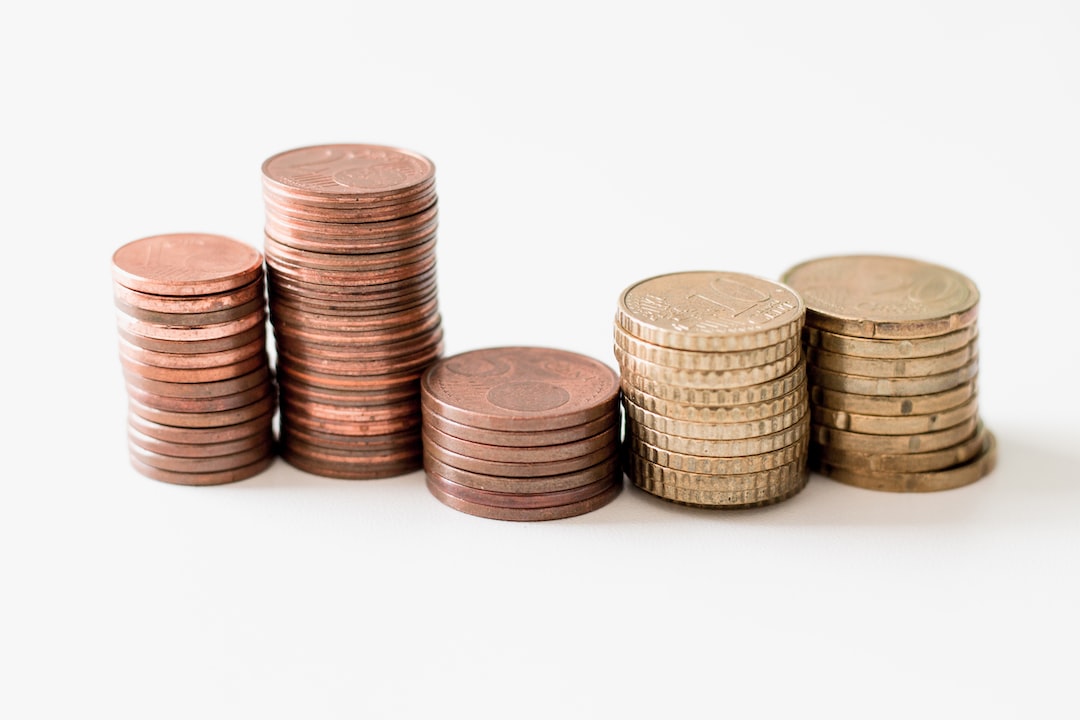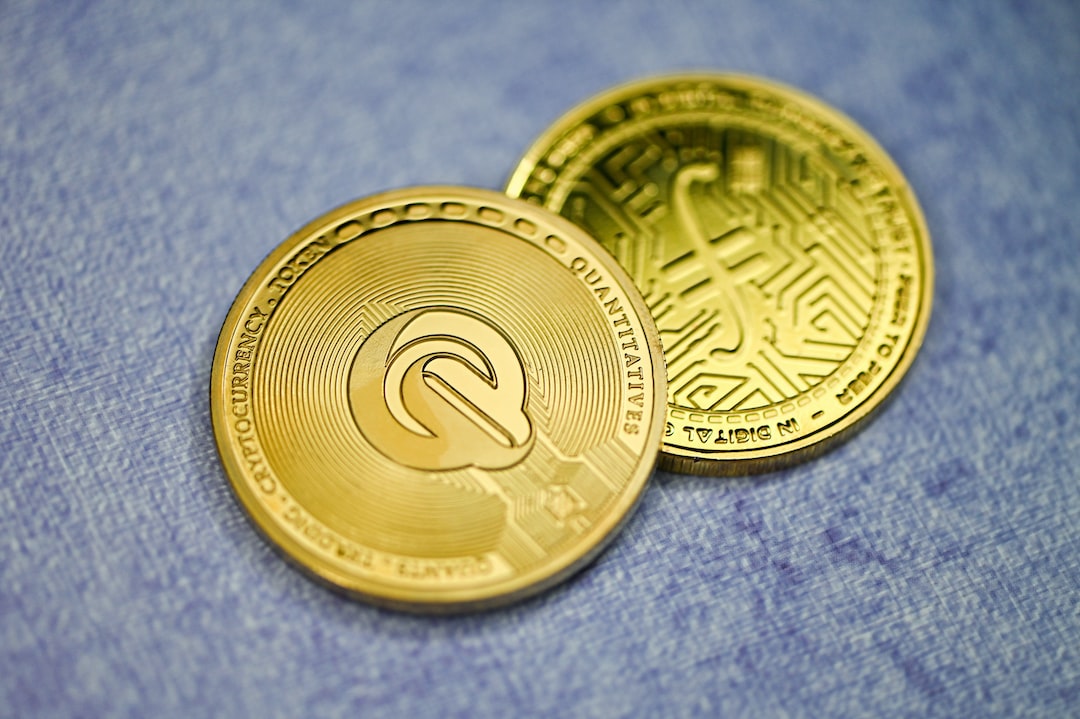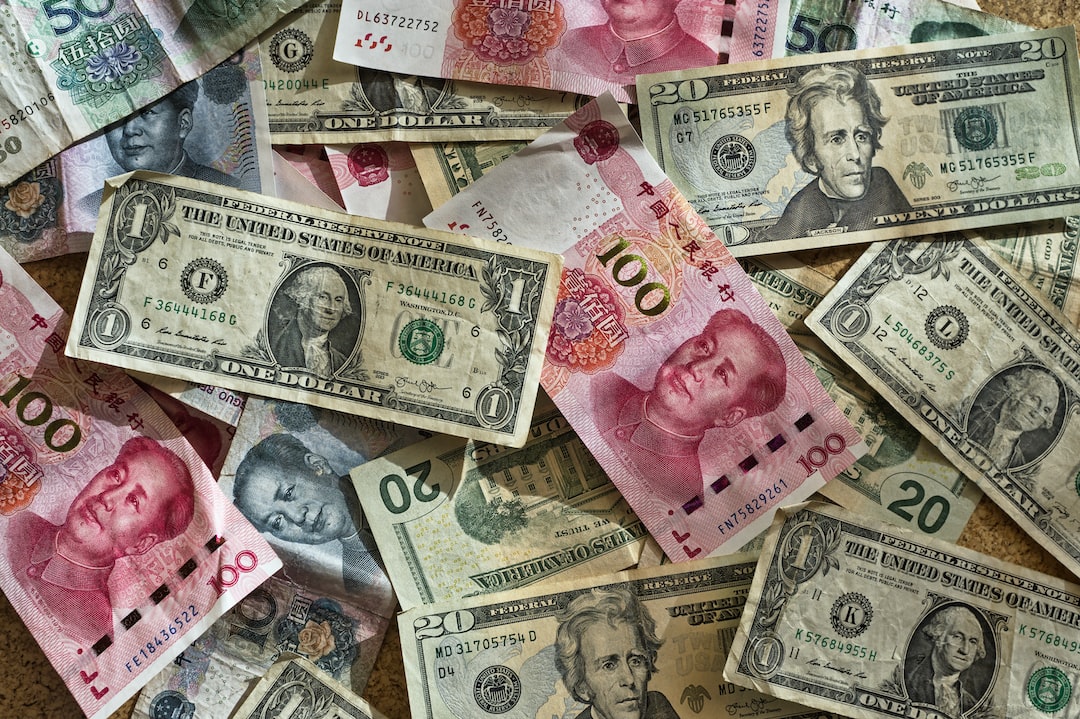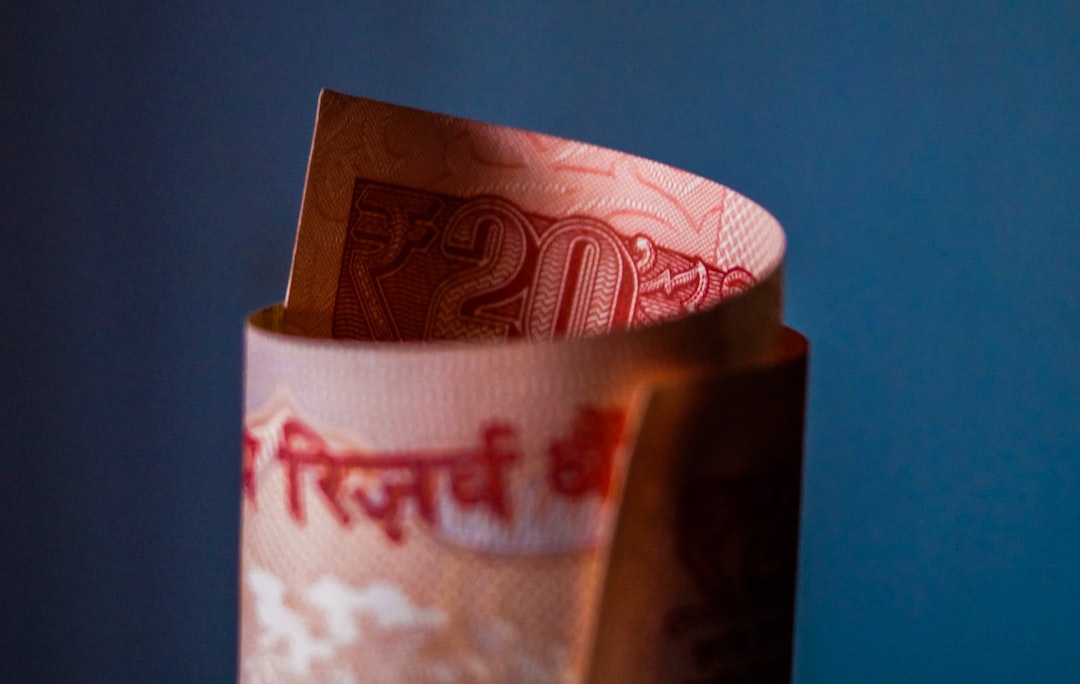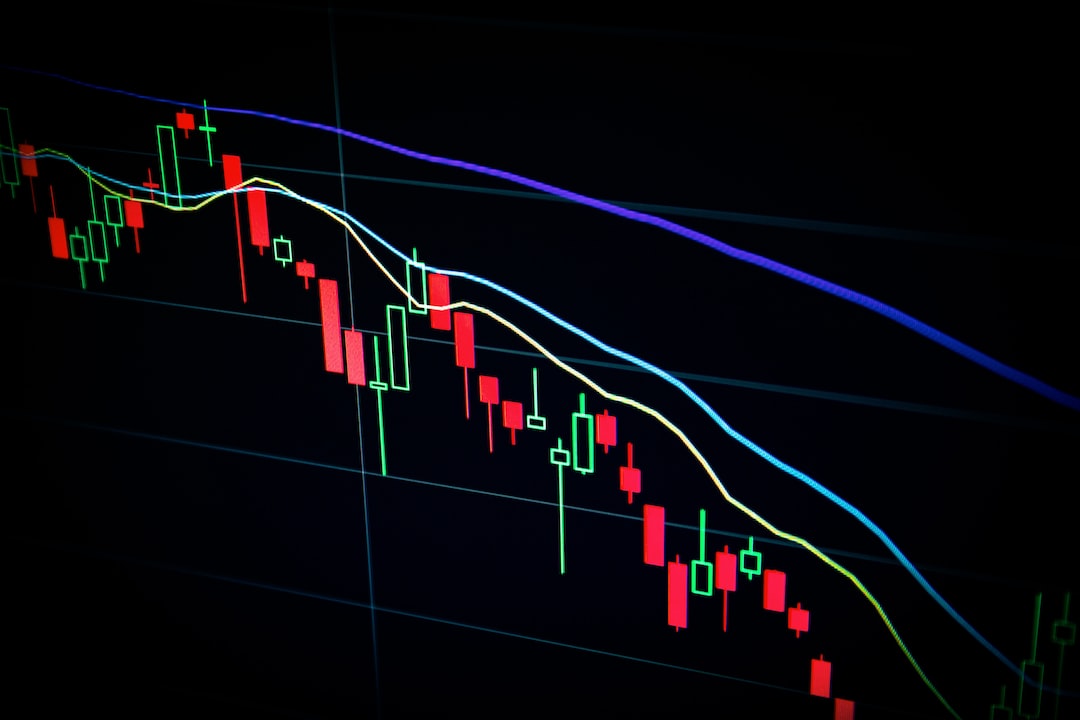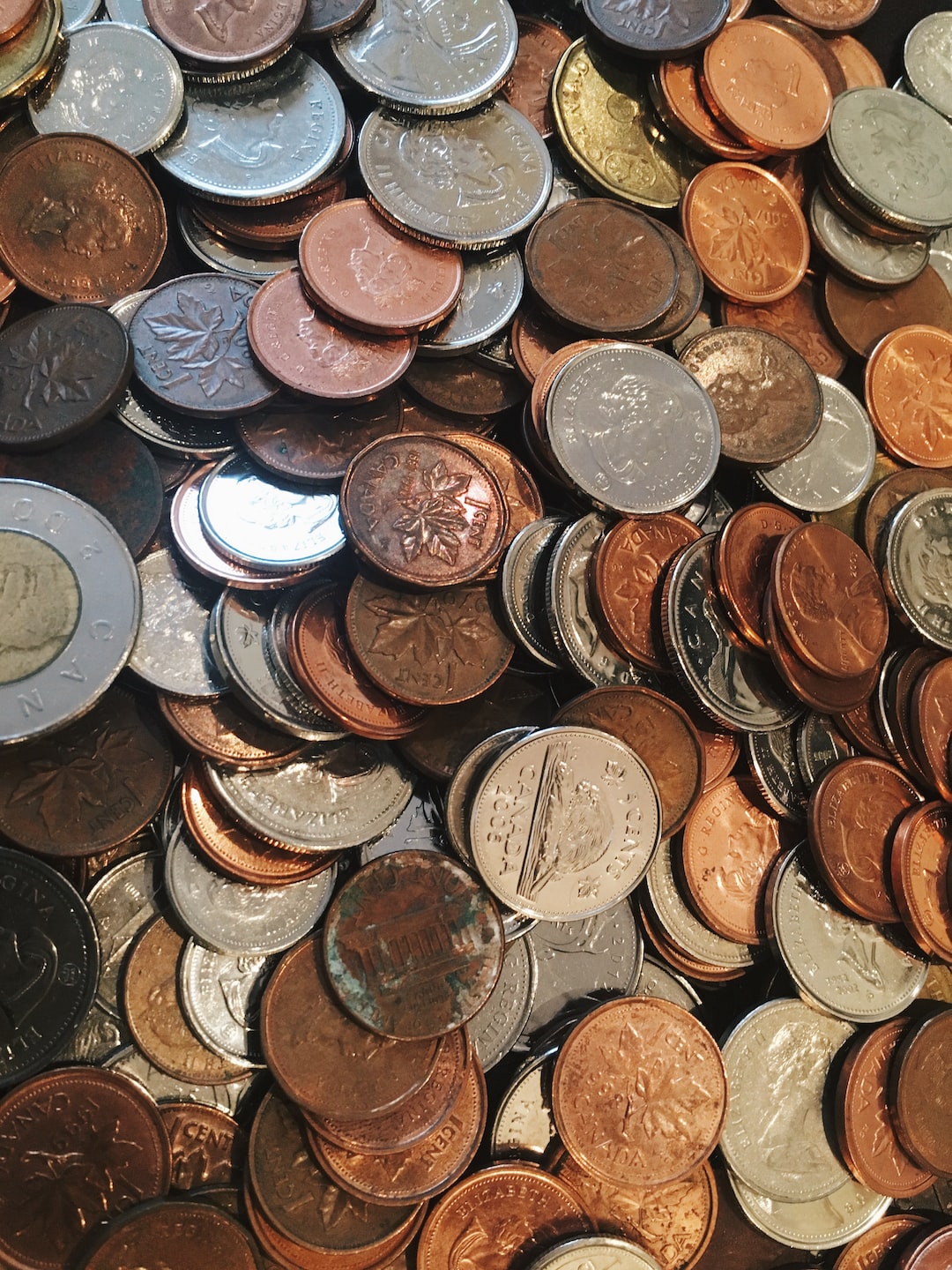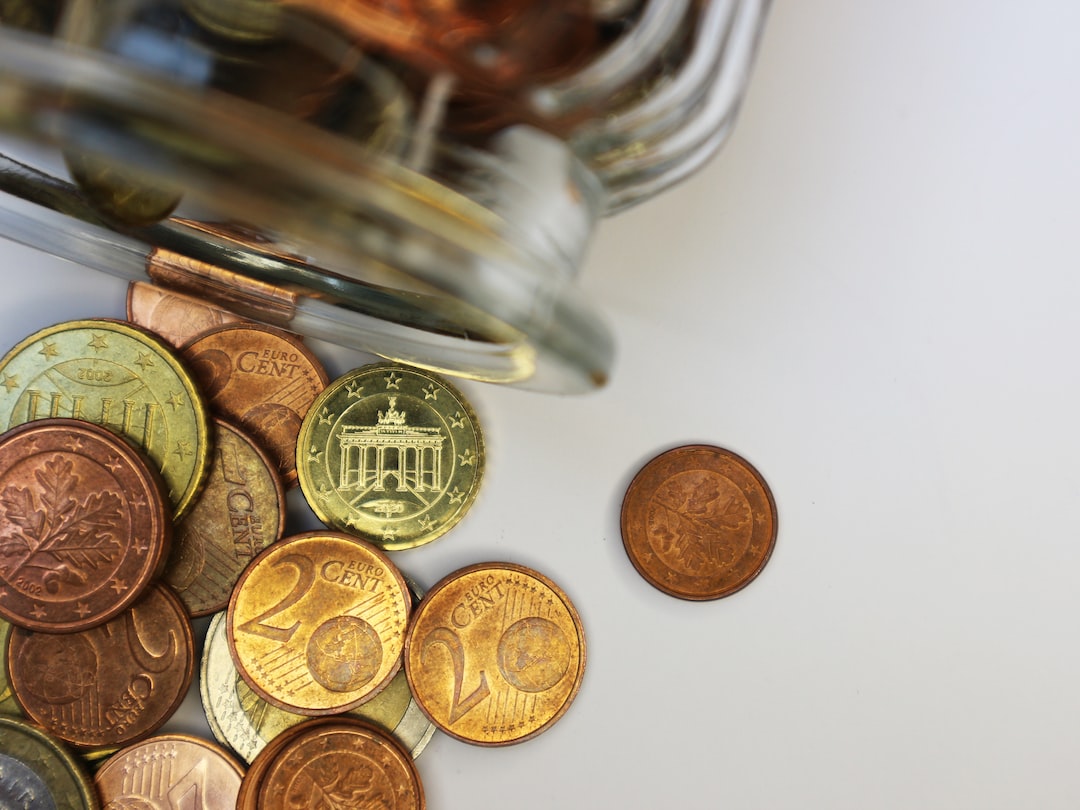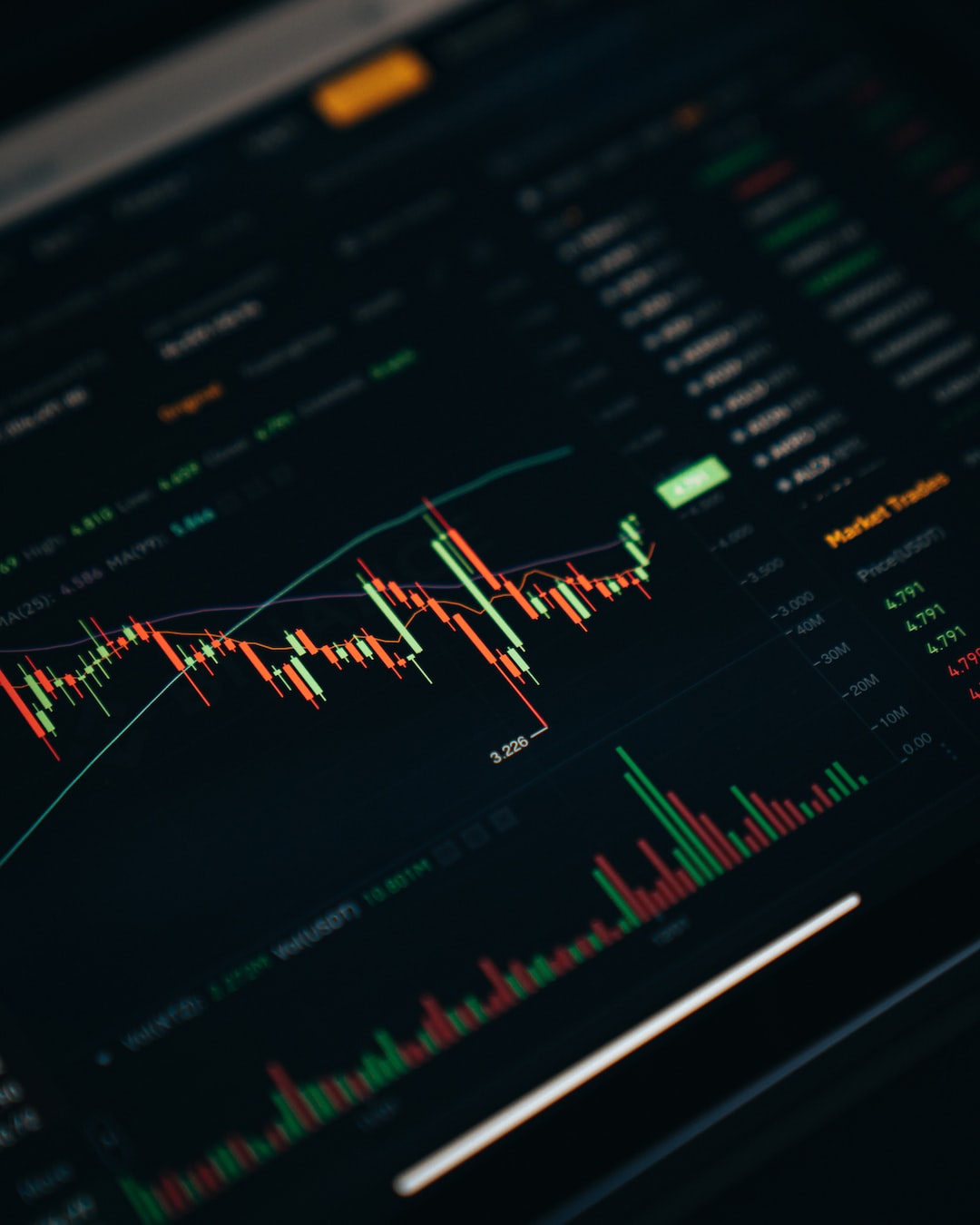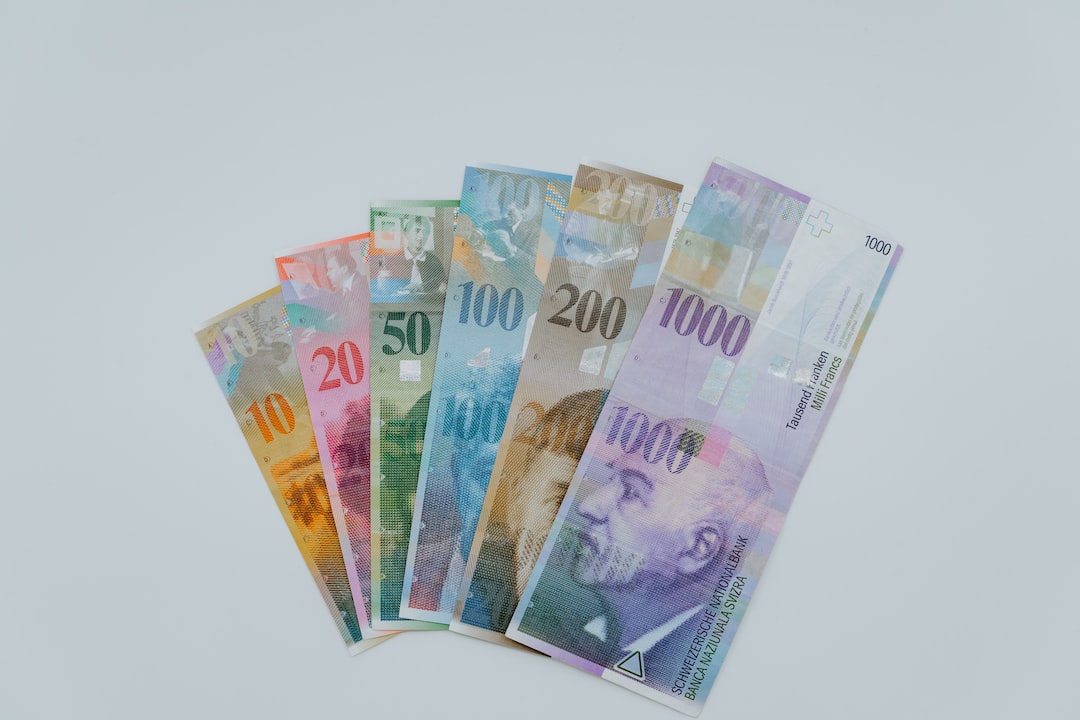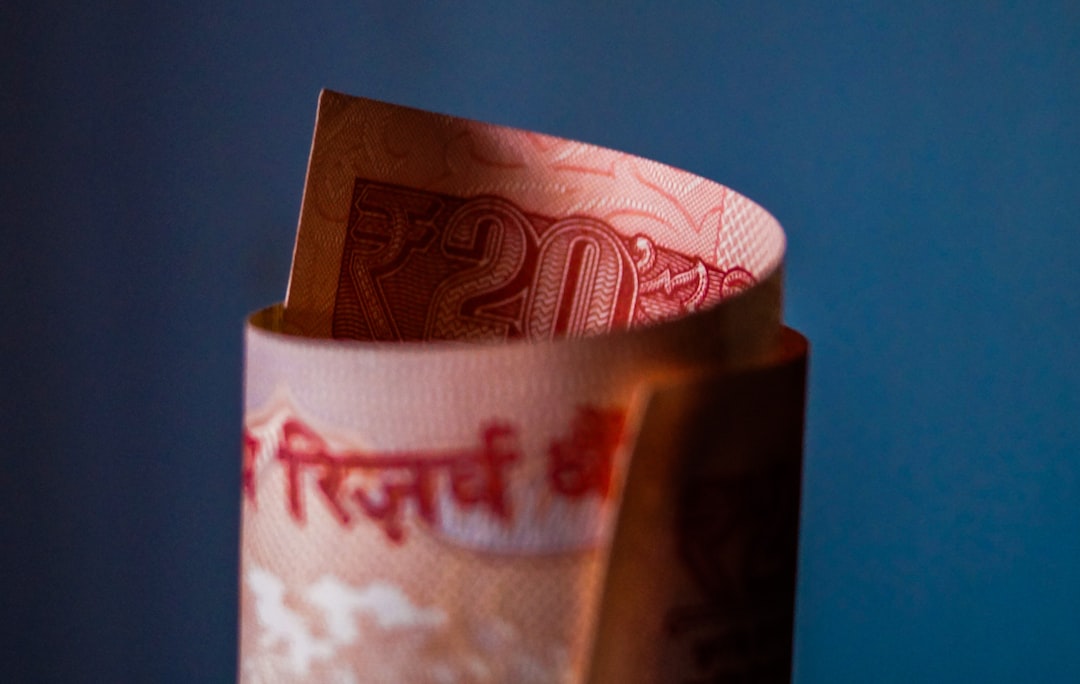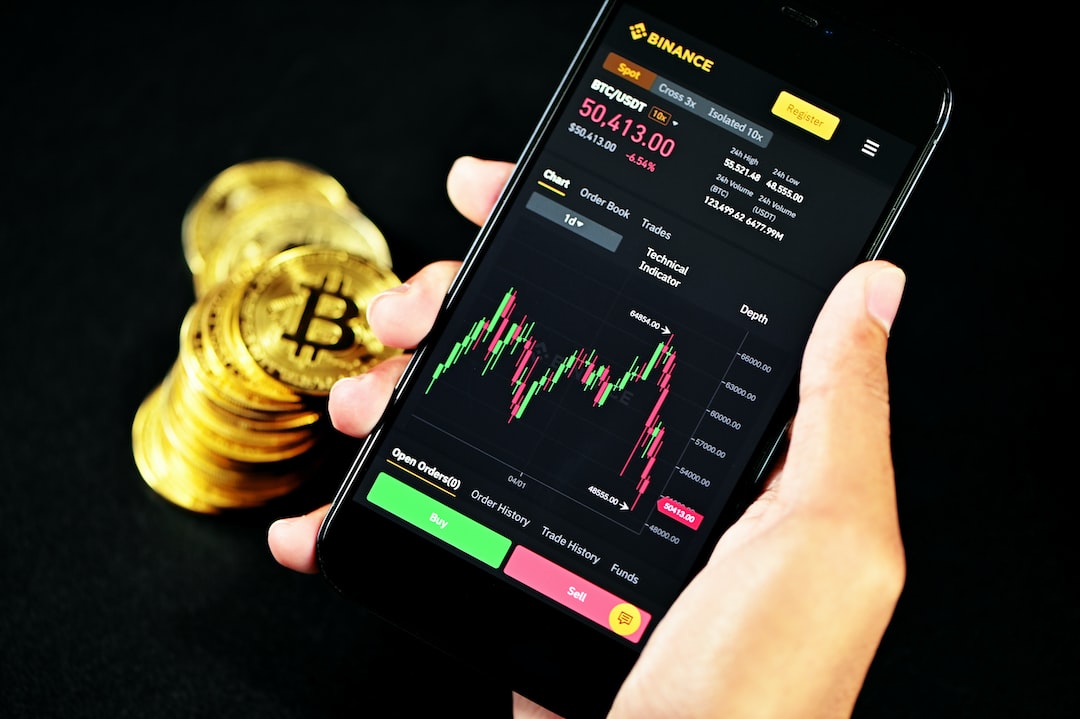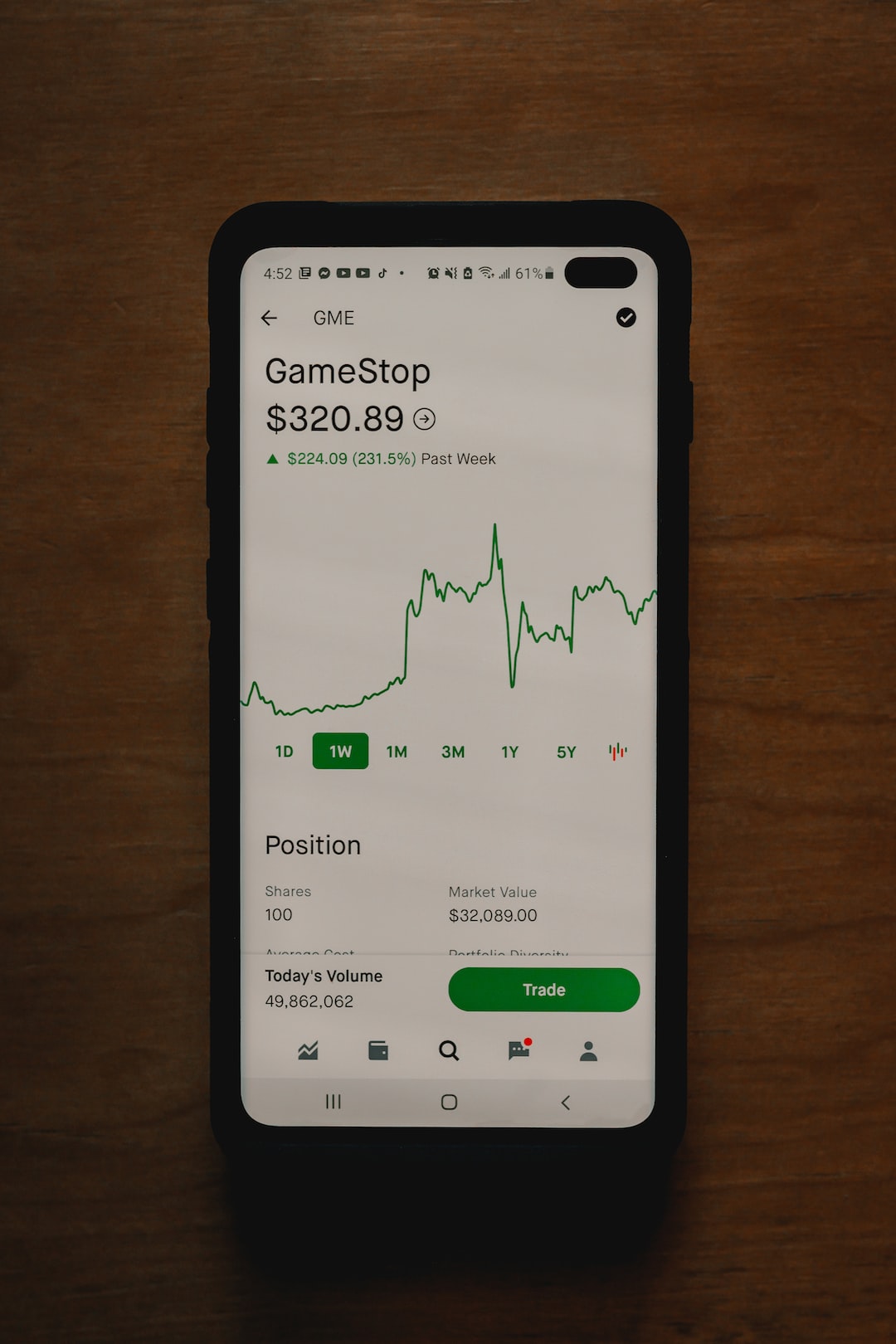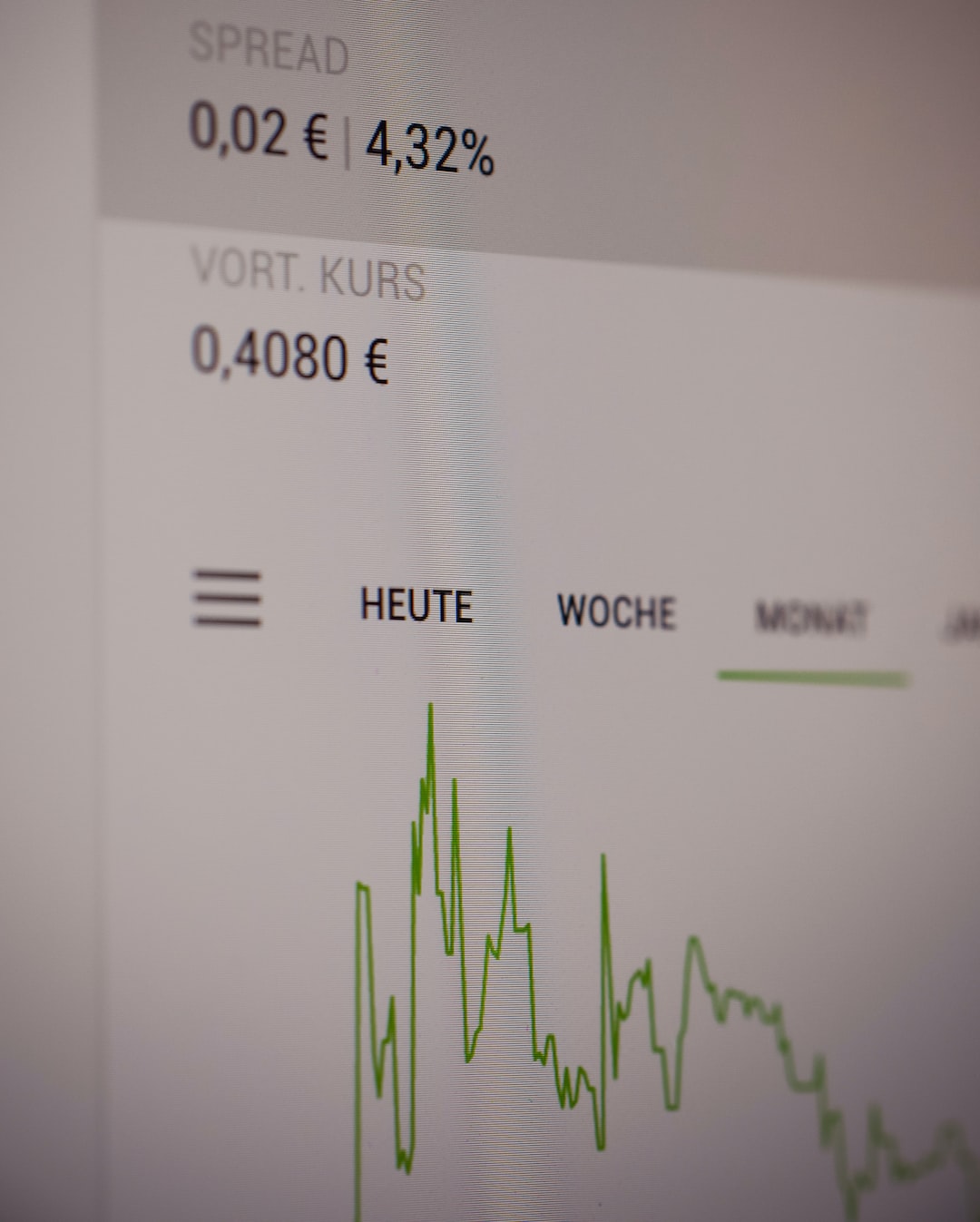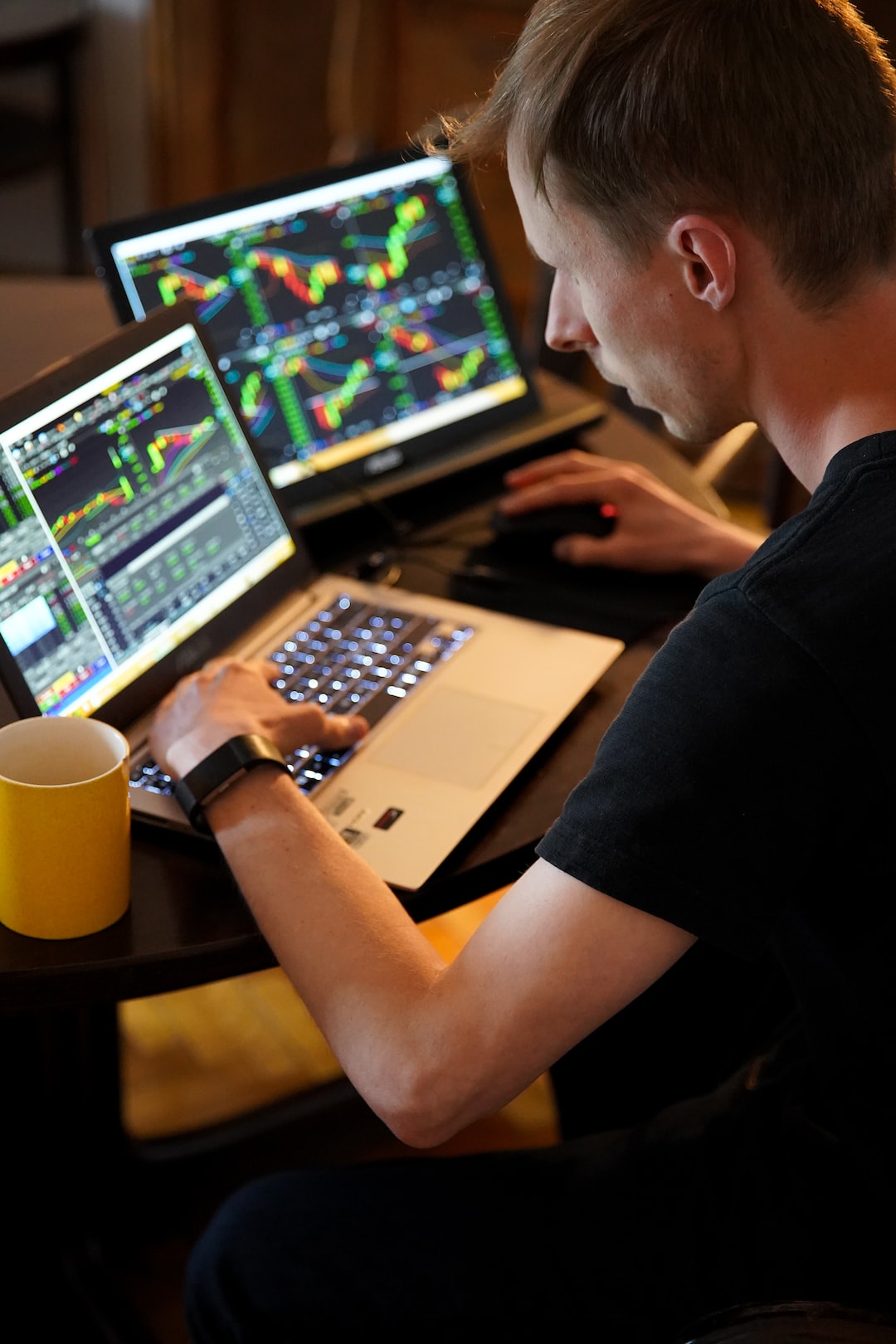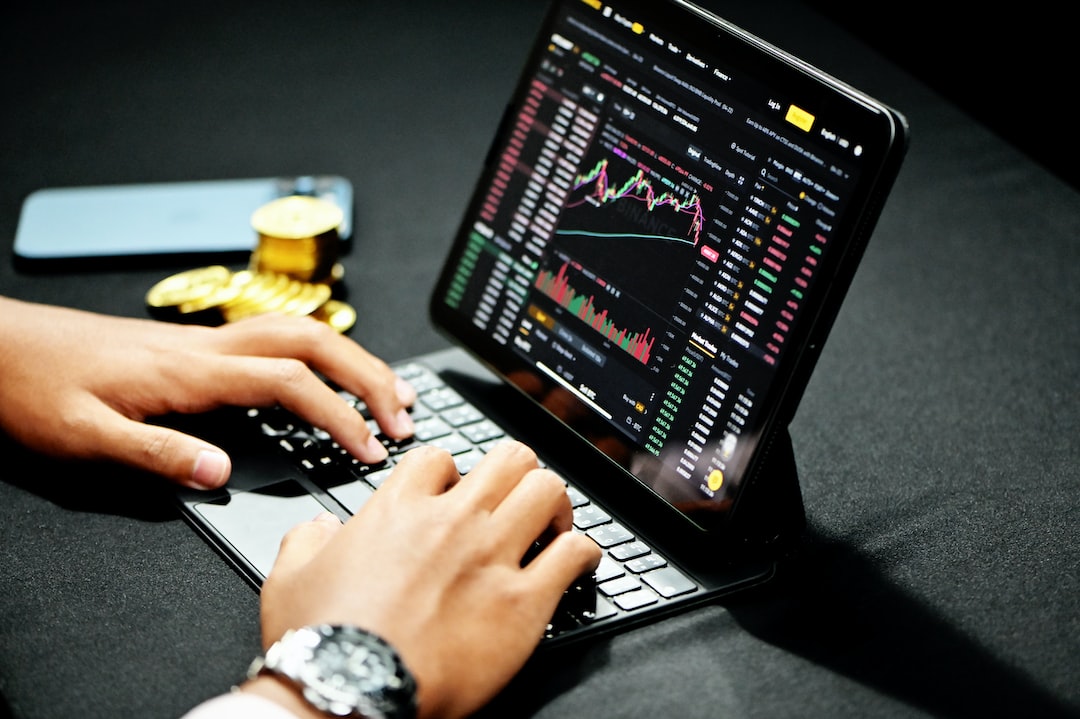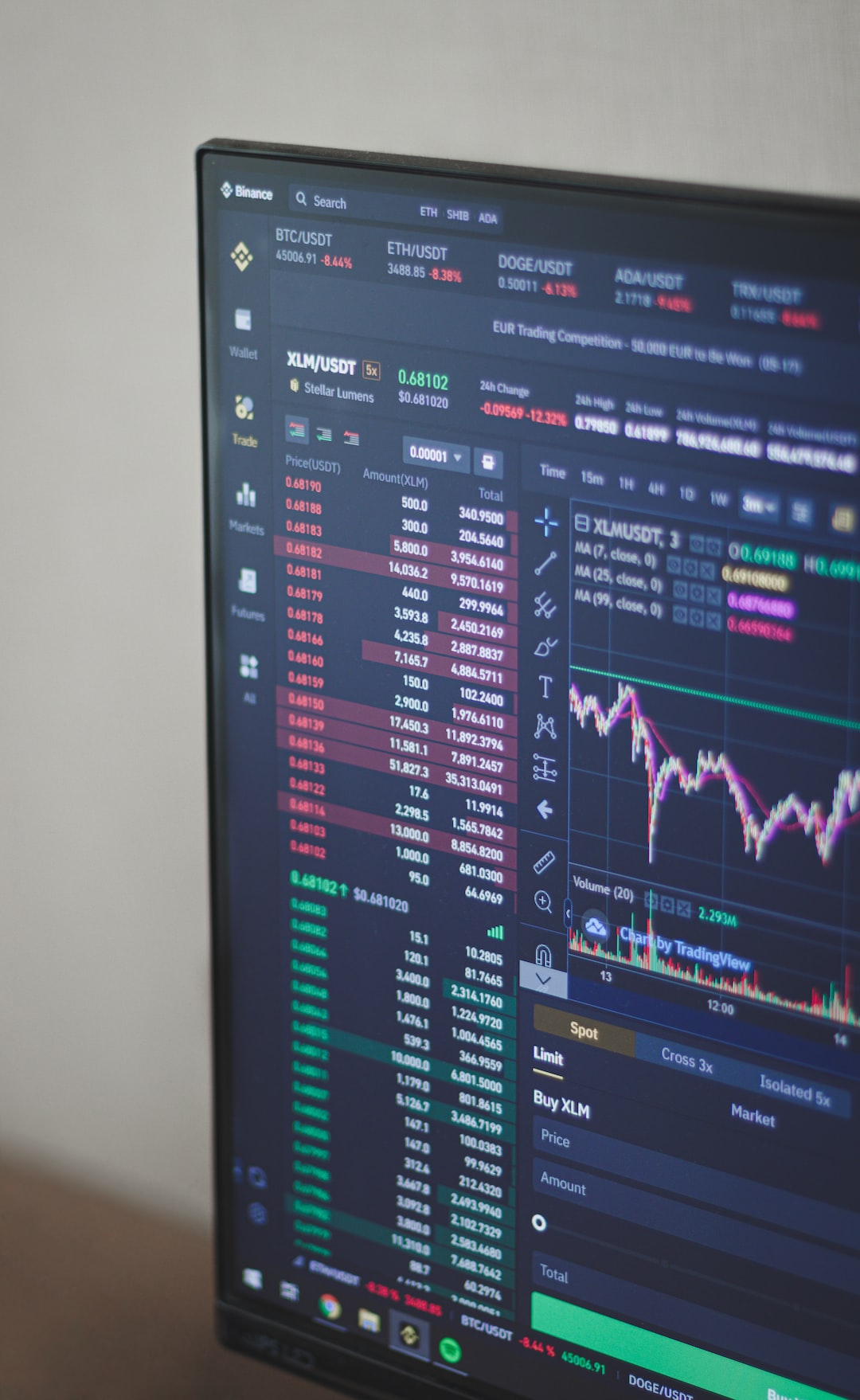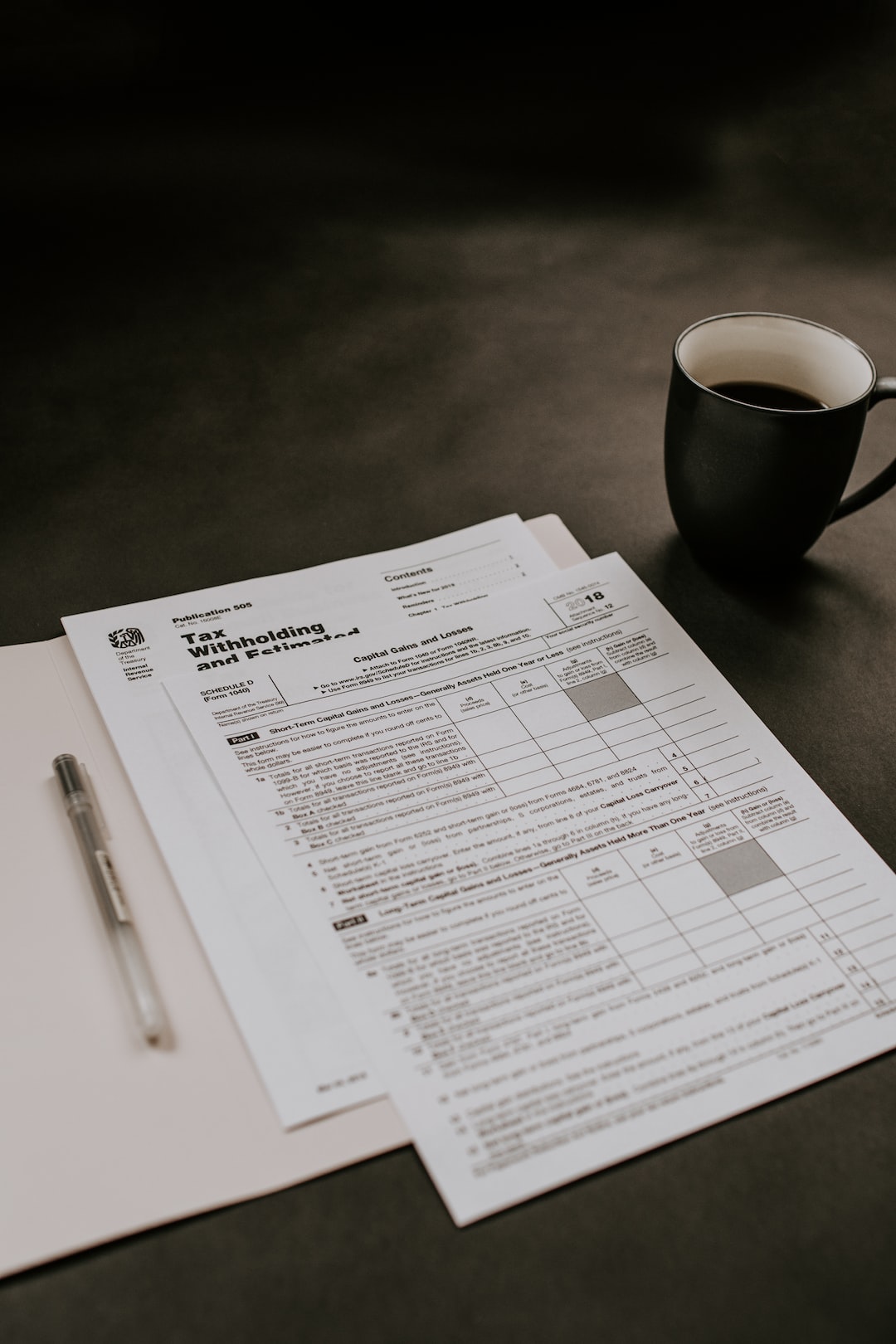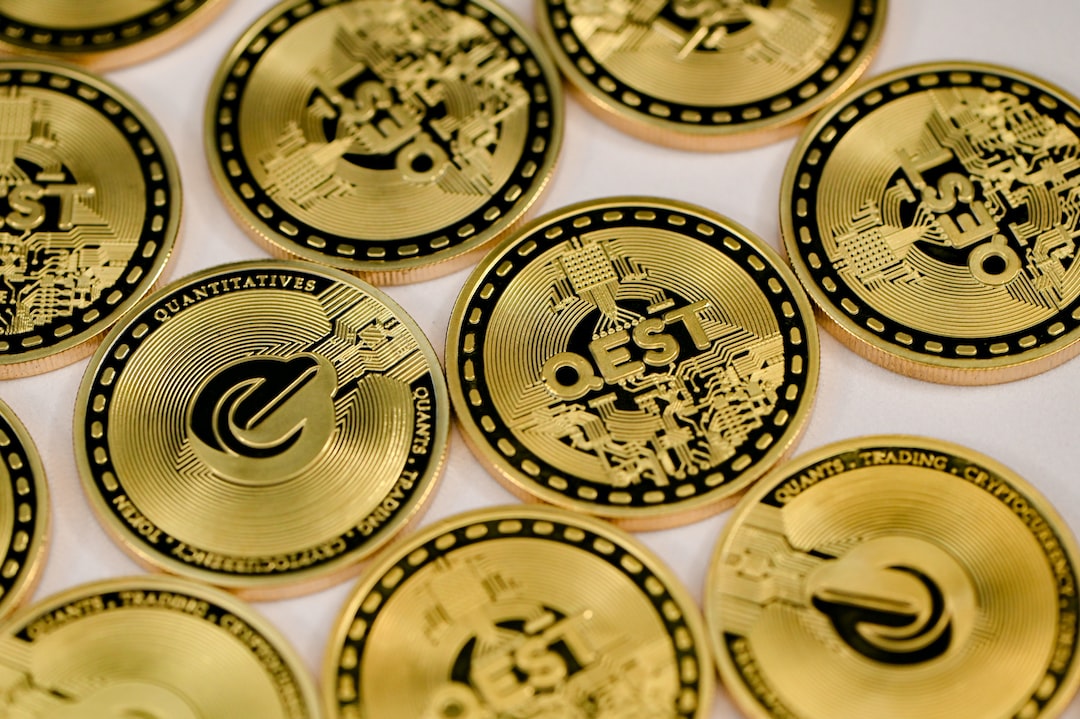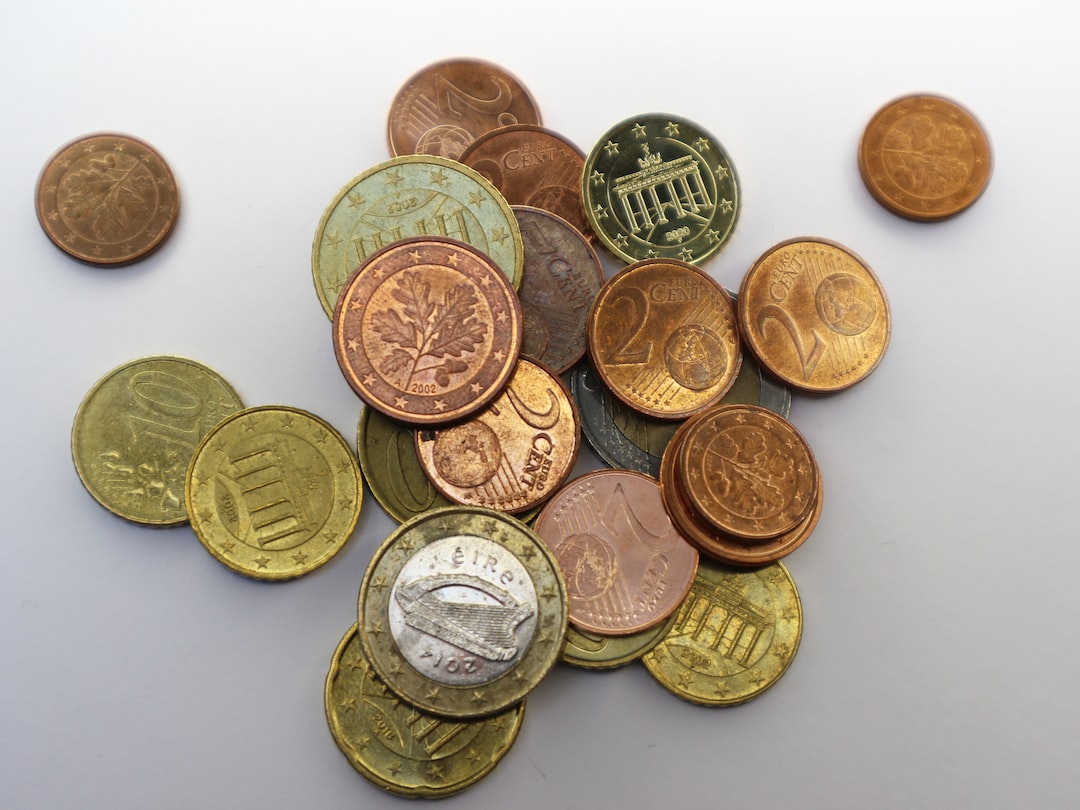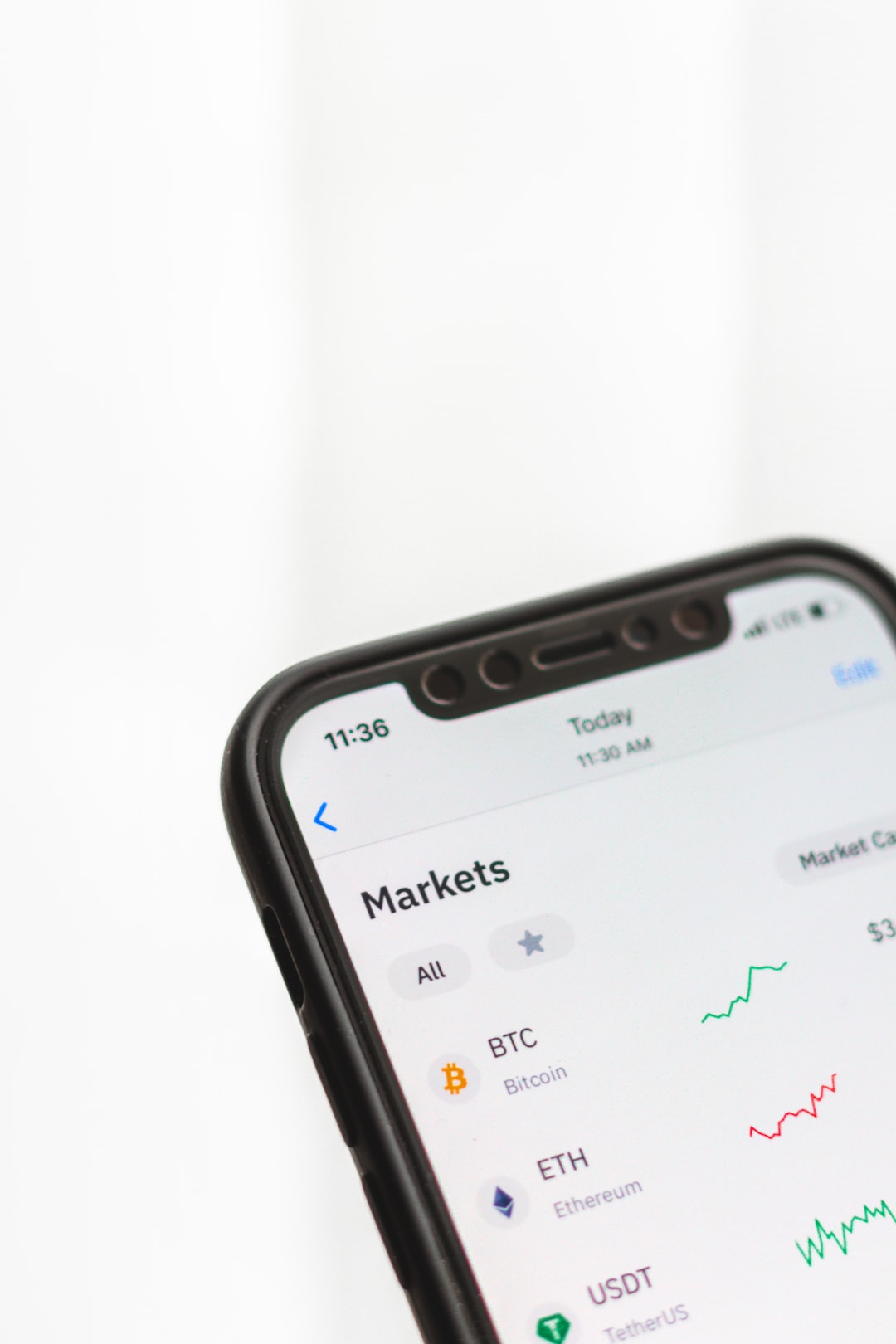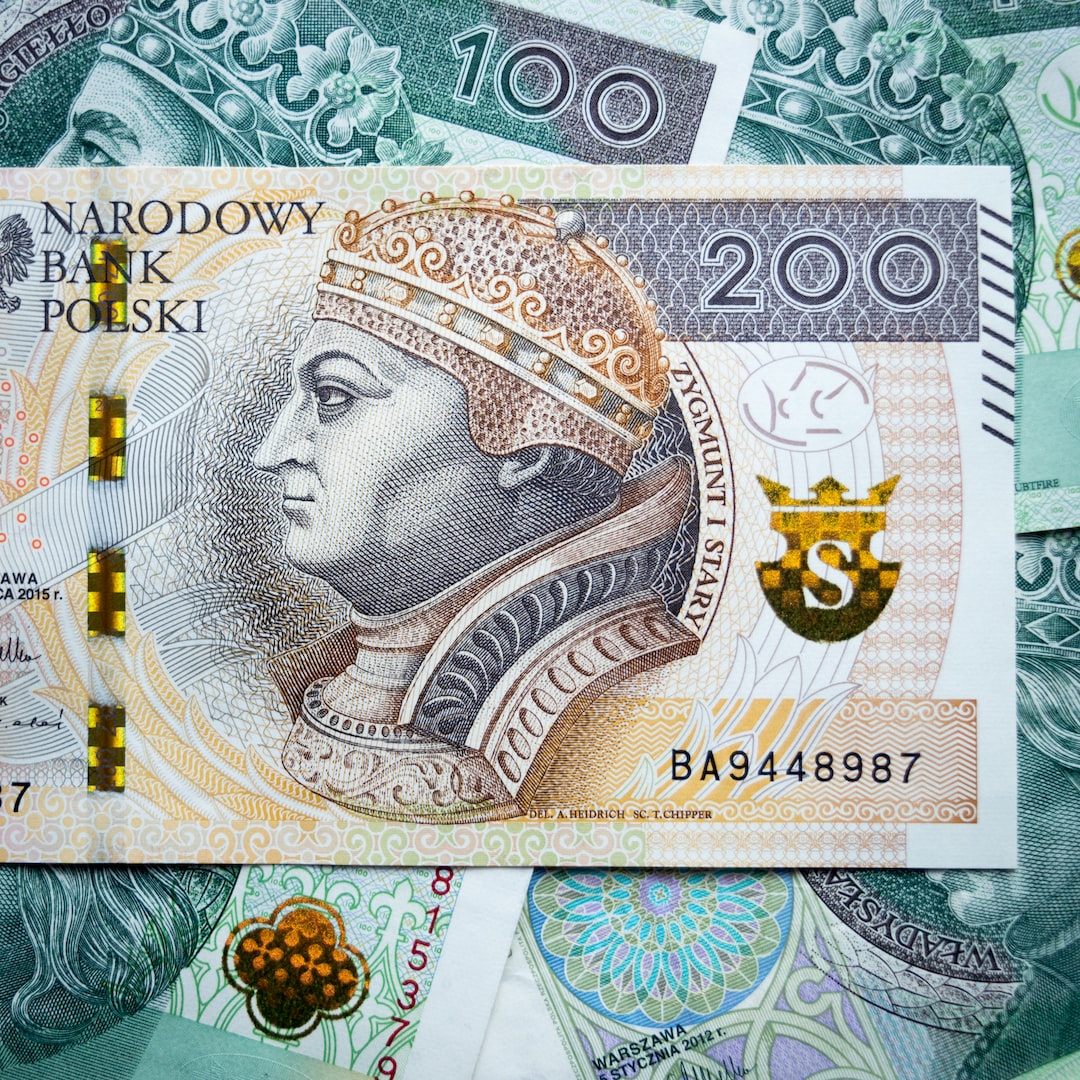The Impact of Economic Events on Forex Calendars: A Comprehensive Guide
In the world of forex trading, staying informed about the latest economic events is crucial. Economic events have a significant impact on the forex market, and having access to a comprehensive forex calendar can greatly enhance your trading strategies. In this article, we will explore the importance of economic events and how they can shape forex calendars.
What are Economic Events?
Economic events refer to any occurrence that affects the economy of a country or a group of countries. These events can include economic indicators, such as GDP (Gross Domestic Product), inflation rates, employment data, central bank decisions, and geopolitical events. These events can have a profound influence on currency exchange rates and ultimately impact forex traders.
Why are Economic Events Important for Forex Traders?
Forex traders are constantly seeking opportunities to profit from currency exchange rate fluctuations. Economic events play a pivotal role in determining the direction and magnitude of these fluctuations. By understanding and analyzing economic events, traders can make informed decisions and adjust their trading strategies accordingly.
Forex Calendars: A Trader’s Best Friend
Forex calendars are tools that provide traders with real-time information about upcoming economic events. These calendars are easily accessible online and are usually updated regularly to reflect any changes or additions to the events. Forex calendars can offer a wide range of information, including the date and time of the event, the country or countries involved, the nature of the event, and the expected impact on the forex market.
The Impact of Economic Events on Forex Calendars
The impact of economic events on forex calendars is significant. Economic events can cause volatility and fluctuations in currency exchange rates, making it crucial for traders to stay informed about upcoming events. By using forex calendars, traders can plan their trades in advance and anticipate potential market movements.
High-Impact Events
Certain economic events have a higher impact on the forex market compared to others. These high-impact events can cause significant price movements and create trading opportunities. Some examples of high-impact events include central bank interest rate decisions, nonfarm payroll reports, GDP releases, and geopolitical events such as elections or trade disputes.
When high-impact events are scheduled, forex calendars usually highlight them to alert traders. These events often attract a large number of market participants, leading to increased trading volume and heightened market volatility. Traders can capitalize on these events by analyzing the potential impact on currency exchange rates and adjusting their trading strategies accordingly.
Analyzing Economic Events
When analyzing economic events, traders should consider several factors. Firstly, they should evaluate the historical data and market expectations surrounding the event. This can provide insights into how the market might react and what the potential outcome could be. Secondly, traders should assess the current economic environment and any other relevant factors that could influence the event’s impact on the market.
It is essential to note that economic events can sometimes have unexpected outcomes, leading to market reactions that deviate from the consensus expectations. Traders should always be prepared for such scenarios and have risk management strategies in place to protect their investments.
Conclusion
In conclusion, economic events have a significant impact on the forex market. By using forex calendars, traders can stay informed about upcoming events and plan their trades accordingly. The ability to anticipate market movements and adjust trading strategies based on economic events is a valuable skill for any forex trader. As such, understanding the impact of economic events on forex calendars is crucial for success in the forex market.

